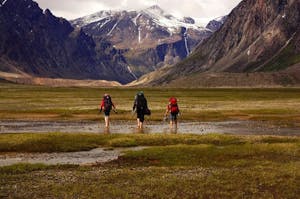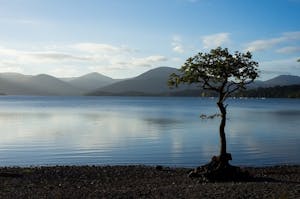NATURE TOURS HELPING OUR BRAINS AND BODIES

Nature Boat Tours Helping our Brains and Bodies Stay Healthy
Lots to do in Mosslanding and the Elkhorn Slough
Being close to sea otters, harbor seals, sea lions, and a plethora of birds diving, and dabbling for food reconnects you to the natural world around you. Many studies show just looking at pictures of baby animals can increase our resilience. For more proof check out Jane McGonigal on Youtube. If just looking at pictures helps imagine what the real thing can do.
Our Electric Catamaran is clean and quiet with no smells of fossil fuels. So you can view the wildlife while our Naturalist educates you on the world around you. After the tour take a hike through the Elkhorn Slough Reserve for a different perspective and the added benefit of more nature.
How Nature Can Make You Kinder, Happier, and More Creative
We are spending more time indoors and online. But recent studies suggest that nature can help our brains and bodies to stay healthy.
JILL SUTTIE has been an avid hiker her whole life and loved the way being in nature helped her feel more grounded and peaceful.
Jill said “I’ve always believed that hiking in nature had many psychological benefits, I’ve never had much science to back me up…until now, that is. Scientists are beginning to find evidence that being in nature has a profound impact on our brains and our behavior, helping us to reduce anxiety, brooding and stress, and increase our attention capacity, creativity, and our ability to connect with other people.
Researcher David Strayer, of the University of Utah says “People have been discussing their profound experiences in nature for the last several 100 years—from Thoreau to John Muir to many other writers. Now we are seeing changes in the brain and changes in the body that suggest we are physically and mentally more healthy when we are interacting with nature.”
“While he and other scientists may believe nature benefits our well-being, we live in a society where people spend more and more time indoors and online—especially children. Findings on how nature improves our brains brings added legitimacy to the call for preserving natural spaces—both urban and wild—and for spending more time in nature in order to lead healthier, happier, and more creative lives.
Here are some of the ways that science is showing how being in nature affects our brains and bodies.”

Peter Morgan, Auyuittuq National Park

Mark at Lake Lamond
1. Being in nature decreases stress
It’s clear that hiking—and any physical activity—can reduce stress and anxiety. But, there’s something about being in nature that may augment those impacts.
In one recent experiment conducted in Japan, participants were assigned to walk either in a forest or in an urban center (taking walks of equal length and difficulty) while having their heart rate variability, heart rate, and blood pressure measured. The participants also filled out questionnaires about their moods, stress levels, and other psychological measures.
Results showed that those who walked in forests had significantly lower heart rates and higher heart rate variability (indicating more relaxation and less stress), and reported better moods and less anxiety, than those who walked in urban settings. The researchers concluded that there’s something about being in nature that had a beneficial effect on stress reduction, above and beyond what exercise alone might have produced.
In another study, researchers in Finland found that urban dwellers who strolled for as little as 20 minutes through an urban park or woodland reported significantly more stress relief than those who strolled in a city center.
The reasons for this effect are unclear; but scientists believe that we evolved to be more relaxed in natural spaces. In a now-classic laboratory experiment by Roger Ulrich of Texas A&M University and colleagues, participants who first viewed a stress-inducing movie, and were then exposed to color/sound videotapes depicting natural scenes, showed much quicker, more complete recovery from stress than those who’d been exposed to videos of urban settings.
These studies and others provide evidence that being in natural spaces— or even just looking out of a window onto a natural scene—somehow soothes us and relieves stress.
